February 2021
The Johns Hopkins Medicine (JHM) and the University of Maryland, Baltimore actively promote interdisciplinary collaborative research activities across the two organizations.
The organizations have a history of collaborative research and have used reliance agreements to reduce the regulatory burden associated with multiple IRB reviews and to enable reliance on one reviewing IRB where appropriate. The following guidelines are the basic factors JHM and UMB will generally apply when deciding which organization’s IRB will be the reviewing IRB when JHM and UMB engage in a reliance relationship. The SMART IRB Master Reciprocal Reliance Agreement and associated Letter of Indemnification govern the terms of reliance between JHM and UMB and provide the principles and processes upon which these guidelines were determined. This agreement does not apply to an activity that is not subject to IRB review e.g., because it is not human subjects research or it is research exempt from IRB oversight.
- The reviewing IRB should generally be the IRB of the organization where the majority of research activities take place.
- In a collaborative research relationship between JHM and UMB, the reviewing IRB is generally the IRB of the organization that meets one or more of the following factors:
- For federally-funded research, the organization is the prime awardee
- The organization’s researchers have a primary role in the research [e.g. data collection, participation intervention, etc.] whereas the collaborating researchers have a secondary role [e.g. data analysis, etc.]
- The organization’s IRB has unique expertise relevant to the research that best positions its IRB to perform the review.
- In accordance with the criteria above, to establish which IRB will serve as the reviewing IRB for any specific study, the JHM and UMB PIs will each prepare and submit a determination form to their respective IRB through the standard reliance request processes. Once JHM and UMB have reviewed the forms and agreed on the reviewing IRB, the determination will be communicated by the IRB’s to their respective PIs. To facilitate collaborative research between JHM and UMB, neither organization will charge IRB review fees for projects that are not commercially supported (where IRB review fees would be covered by the commercial sponsor).
- In addition to collaborative research between JHM and UMB the organizations may also be engaged in multi-site research subject to single IRB (sIRB) review requirements under either NIH policy or the revised Common Rule. In these cases, researchers are expected to follow standard local practice at each organization for requesting reliance or sIRB review. To facilitate cross-institutional collaboration, in cases where the JHM IRB or UMB IRB is selected as the sIRB for a multisite study and JHU or UMB is a relying site, the sIRB review fees will be waived for the JHU/UMB site provided the study is not commercially supported.
- Given the experience of the JHM IRB in serving as a single IRB (sIRB) for multi-site research, UMB may request that the JHM IRB serve as the sIRB for federally-funded multi-site research related to CTSA activities where JHM is not engaged in the research. This arrangement will be considered on a case by case basis with appropriate approvals from relevant institutional officials and additional agreements pertaining terms and costs, etc. as required.
For questions, please contact the IRB at https://www.hopkinsmedicine.org/institutional_review_board/about/contact.html


